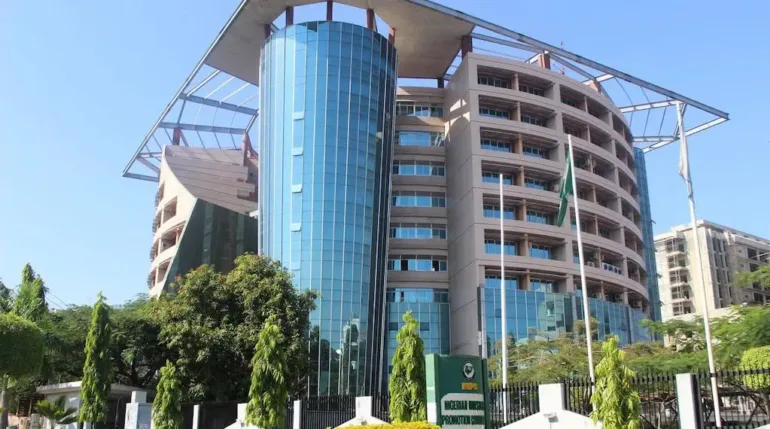The Socio-Economic Rights and Accountability Project (SERAP) has filed a lawsuit against President Bola Tinubu’s administration and the Nigerian Communications Commission (NCC) over what it describes as the “arbitrary, unconstitutional, unlawful, unfair, and unreasonable” 50% increase in telecom tariffs.
The controversial tariff hike, recently approved by the NCC, raised the cost of a one-minute call from N11 to N16.50, the price of 1GB of data from N287.50 to N431.25, and SMS charges from N4 to N6. This increase has drawn widespread criticism, with SERAP leading the legal opposition.
In a suit filed at the Federal High Court in Abuja (Suit No. FHC/ABJ/CS/111/2025), SERAP argues that the tariff hike violates citizens’ constitutional rights to freedom of expression and access to information, as guaranteed under Nigerian law and international human rights conventions.
A statement issued by SERAP on Sunday, titled “SERAP Wants Court to Stop Tinubu Govt, Telcos from Implementing 50% Telecom Tariff Hike,” outlines the organization’s position.
“The unilateral approval of a 50% hike in telecom tariffs by the NCC is arbitrary, unconstitutional, and unfair,” the statement reads. “This decision contravenes the Federal Competition and Consumer Protection Act of 2018 and international human rights standards.”
Ebun-Olu Adegboruwa, SAN, SERAP’s lawyer, added that the decision reflects a failure to consult key stakeholders, including the Federal Competition and Consumer Protection Commission (FCCPC), and violates the principle of legality, which requires fairness, reasonableness, and adherence to due process.
“The NCC’s action undermines citizens’ right to seek, receive, and impart information through communication media without discrimination,” the lawsuit claims.
The timing of the tariff hike has further intensified public outrage, as Nigeria grapples with deepening economic challenges. A recent report by the National Bureau of Statistics revealed that 133 million Nigerians are living in multidimensional poverty, with many facing deteriorating living conditions, such as reliance on wood, dung, or charcoal for cooking.
SERAP pointed out that the tariff hike comes at a time when Nigerians are already struggling with a cost-of-living crisis, exacerbated by rising fuel prices, increased electricity tariffs, and soaring food costs.
“This tariff hike adds to the already heavy burdens faced by Nigerians,” SERAP said. “At a time when so many are struggling to afford basic necessities, increasing communication costs is an unfair and unjustified additional hardship.”
SERAP is seeking a court declaration that the tariff increase violates Nigeria’s constitutional provisions and international human rights treaties, as well as an injunction to halt its implementation. The organization also seeks to have the NCC’s decision nullified, calling it “extortive, unreasonable, and a breach of due process.”
Kolawole Oluwadare, SERAP’s Deputy Director, highlighted the broader implications of the tariff increase: “Access to communication is not a luxury; it is a fundamental right. The government and the NCC have a duty to ensure that telecommunication services remain affordable, particularly for the millions of Nigerians living in poverty.”
The case has the potential to set significant precedents for telecom regulation in Nigeria, although no date has been set for the hearing yet.


